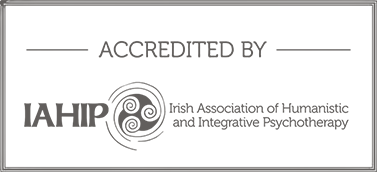Anxiety is a complex emotion that manifests as feelings of unease, worry, or fear about future events. It involves distinct mental and physical responses like tension, a racing heart and restlessness. It is a perfectly normal human response to perceived threats, and it serves us by keeping us alert and ready for action. However, it can become a problem if it is excessive.
Anxiety can become worse when stronger than usual external pressures starts to have a bearing on a situation, e.g. having to perform to a very high academic standard, or feeling unrealistic social pressure to have to be seen as an outgoing and fun person. The greater the expectation, the higher the anxiety may be. These pressures can also become internal where we put the pressure on ourselves. Fear can intensify this pressures, e.g. if there have been multiple job losses at our workplace and we fear for our job security, or if we’d experienced social groups as judgmental and excluding in the past which is making joining a new group now feel somewhat insurmountable.
Roots of really debilitating anxiety can lie in a particular life situation which, at the time, seemed unmanageable and where the response was to become overly concerned, worried or agitated. It may have become stuck in our system because the activation didn’t achieve effective resolution. The adreniline was pumping but we were not in a position to follow through with the necessary action. Past experiences like these can reinforce negative beliefs about our ability to self-manage. Working together we can begin to shake this loose by exploring and understanding the particular responses of the individual.




